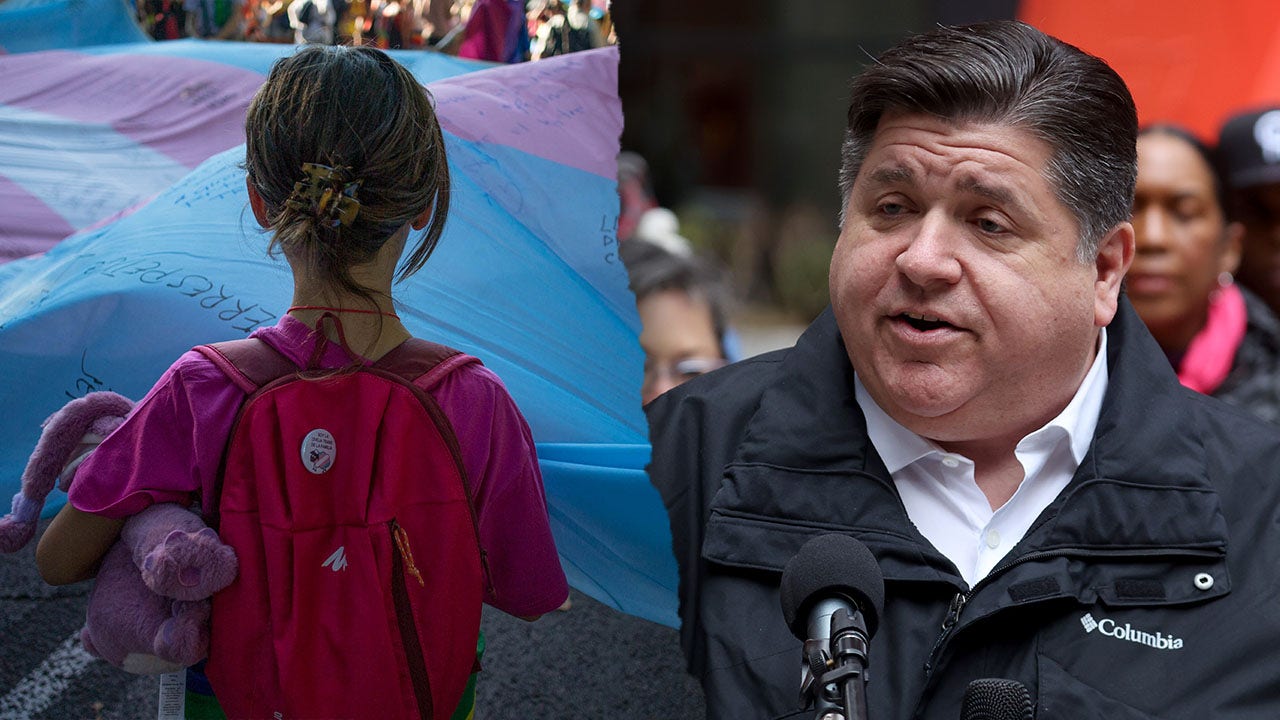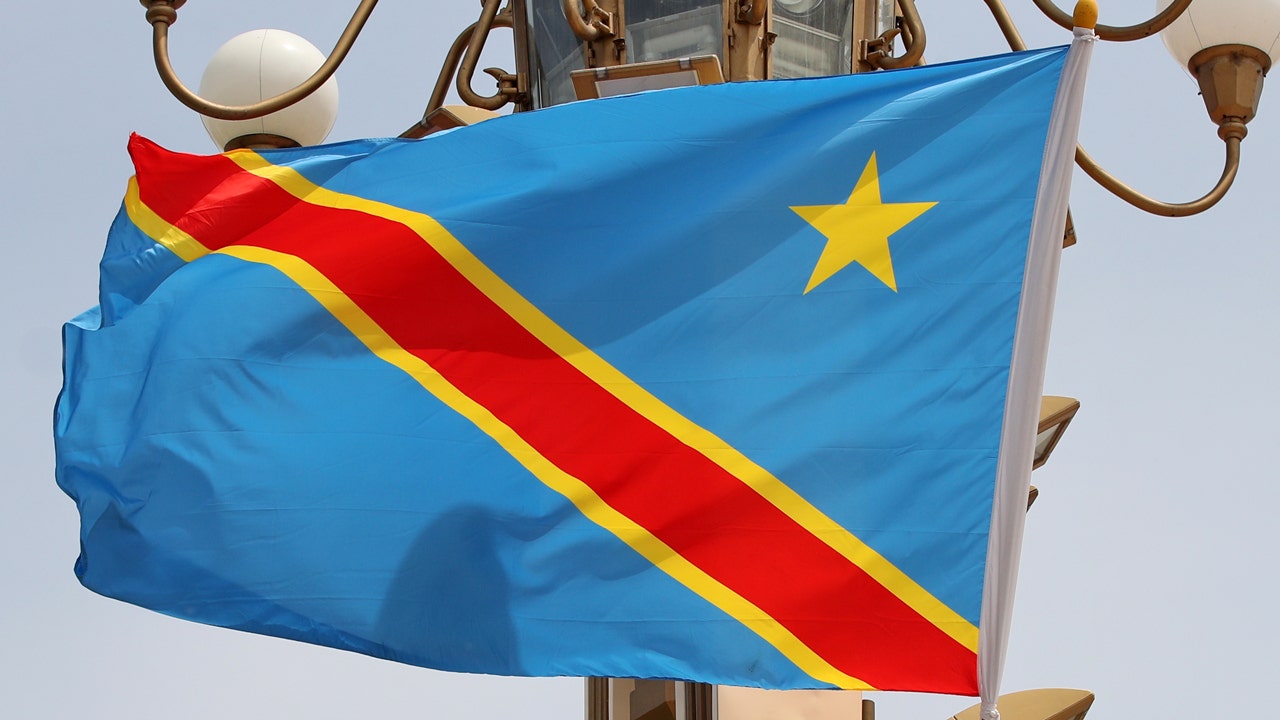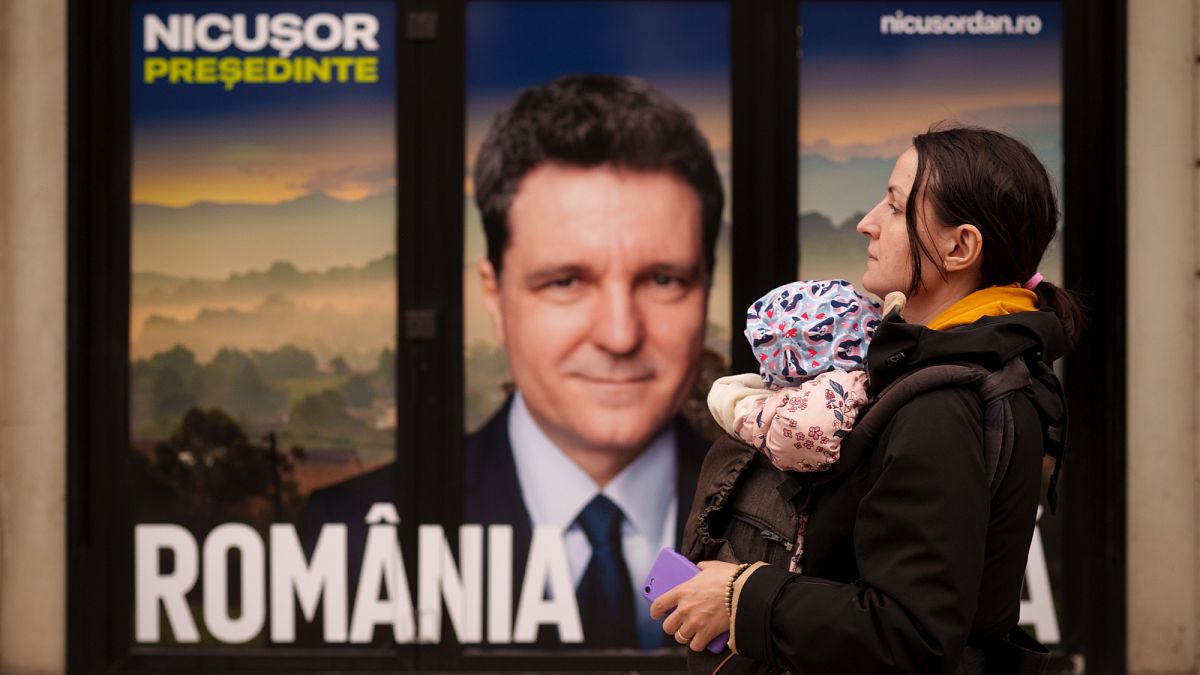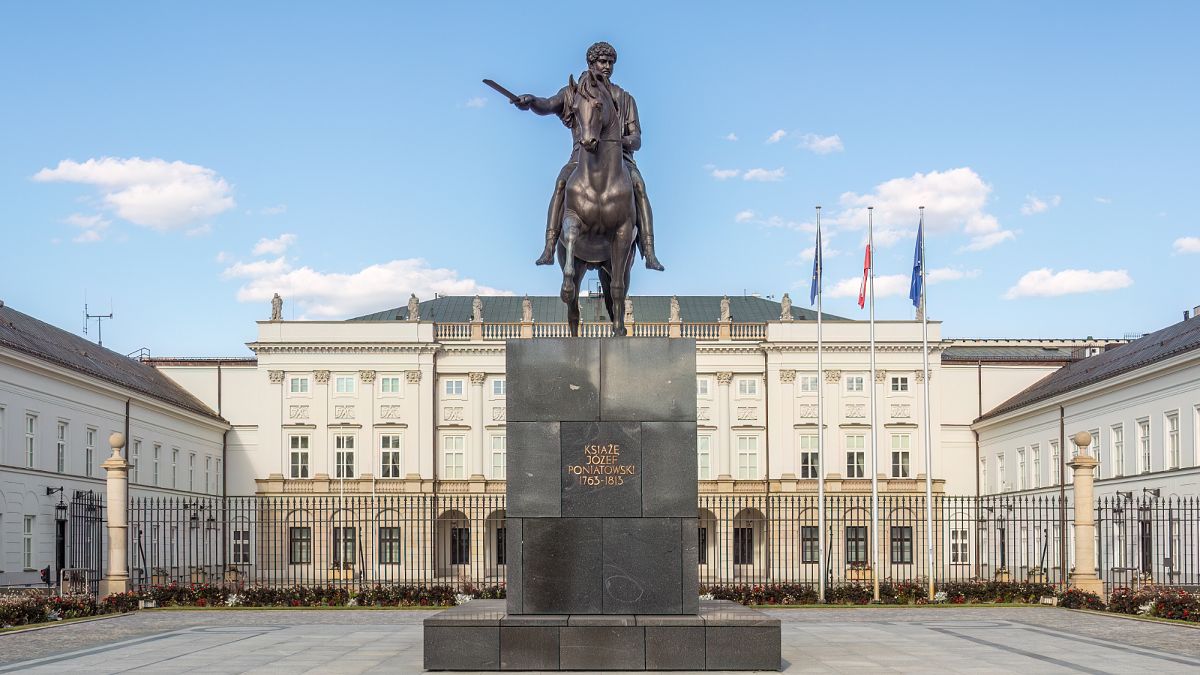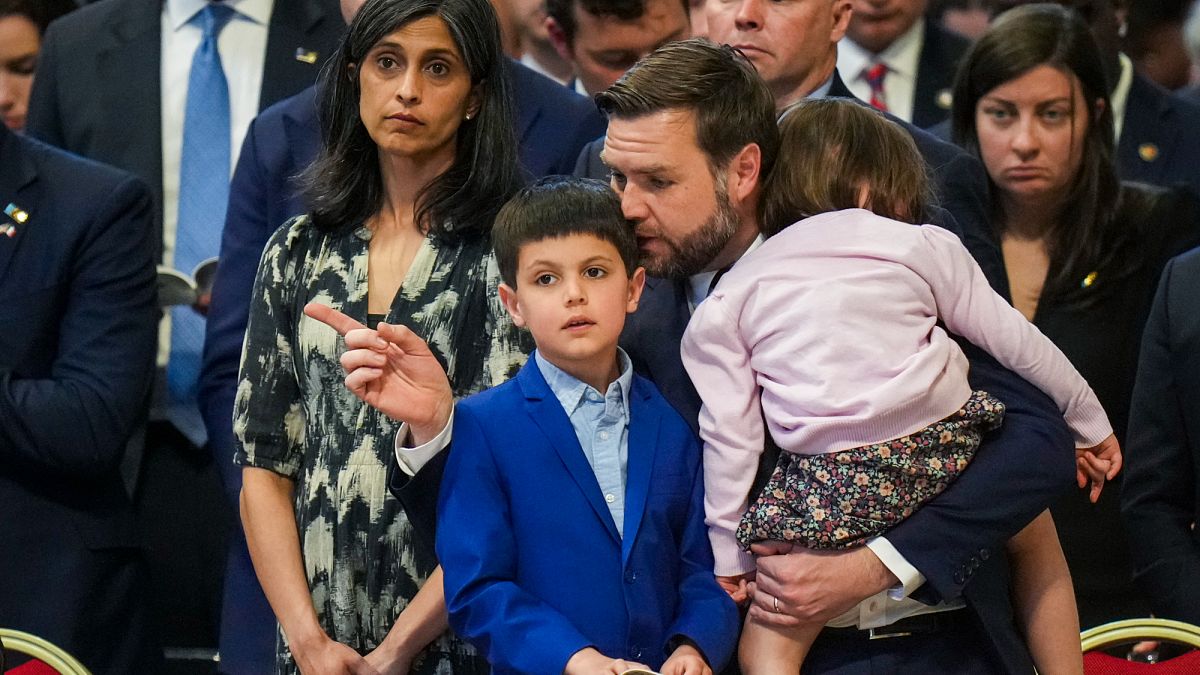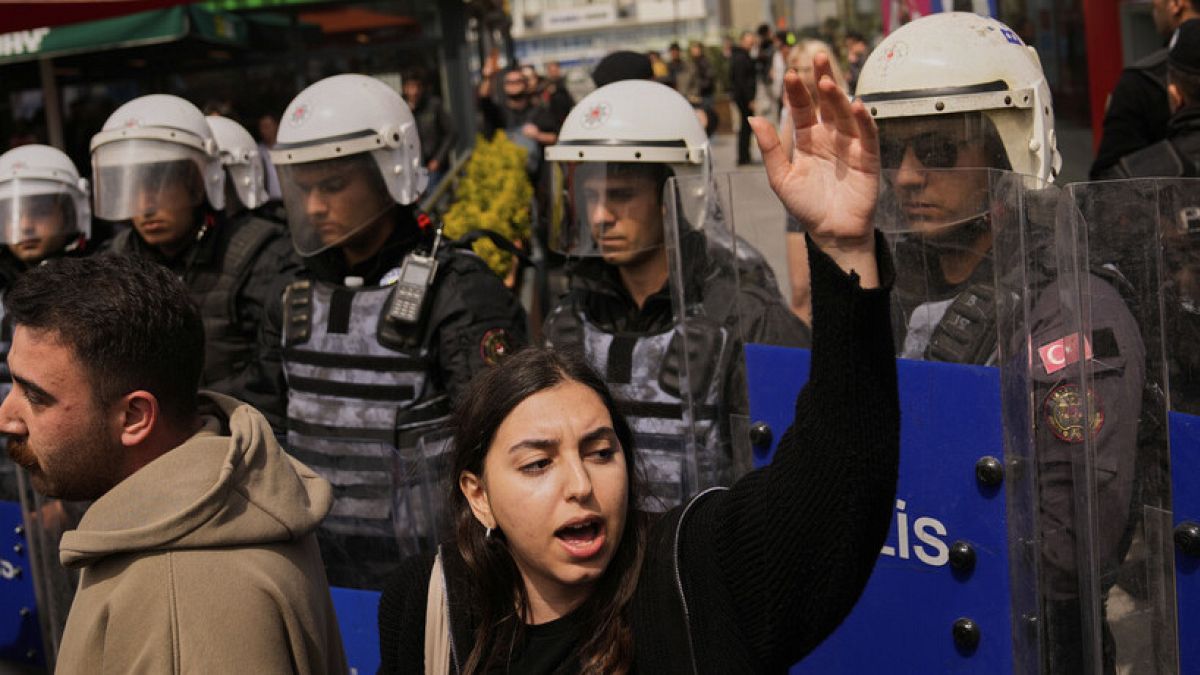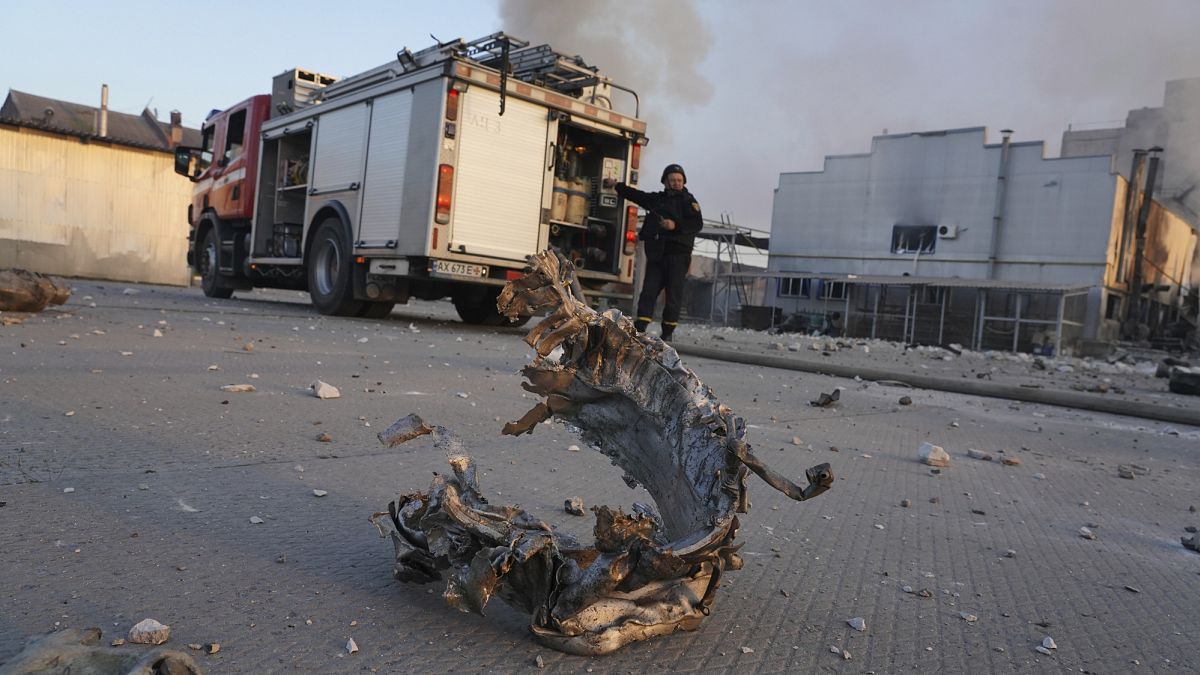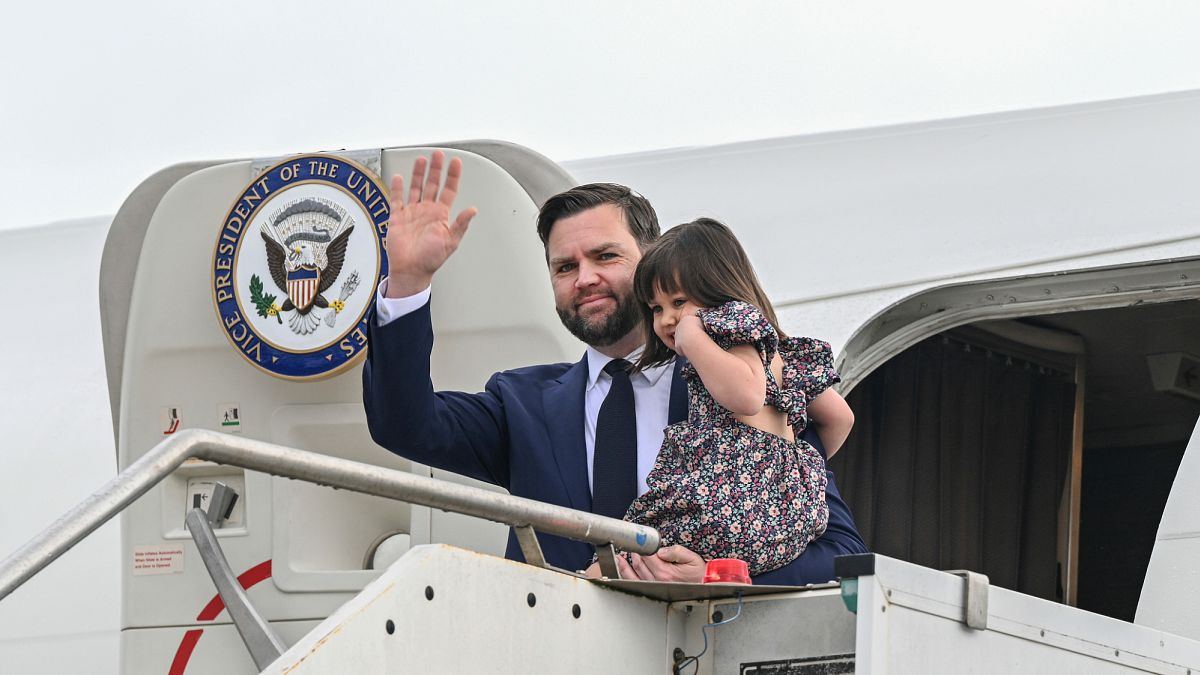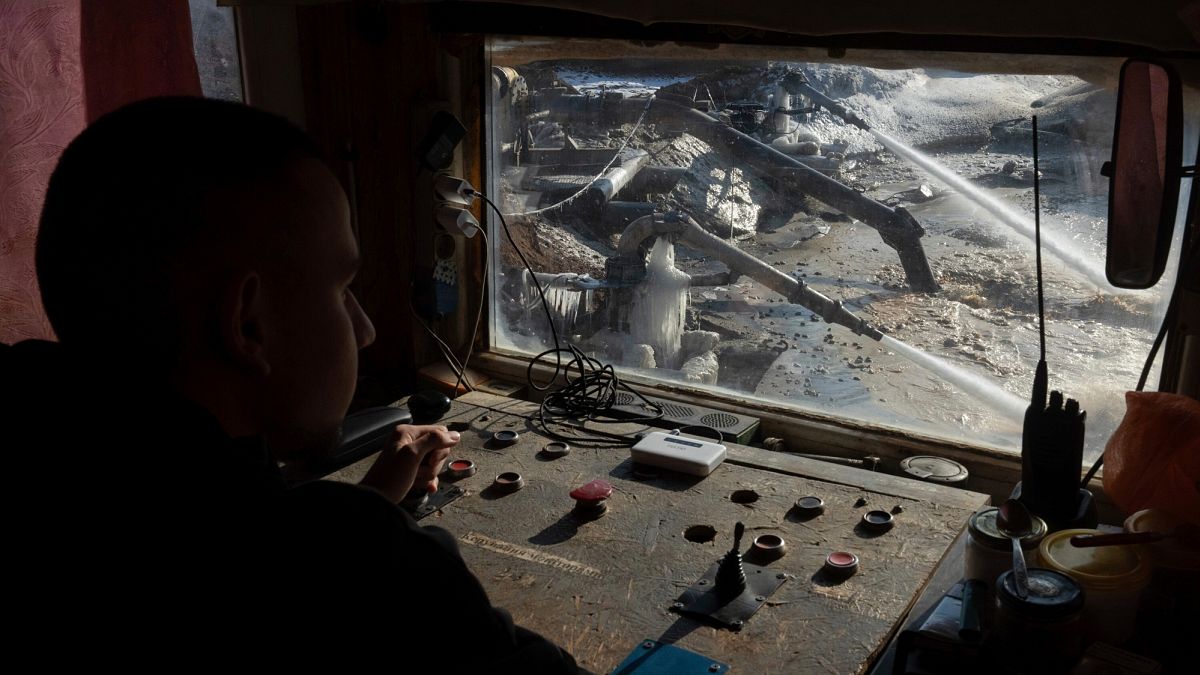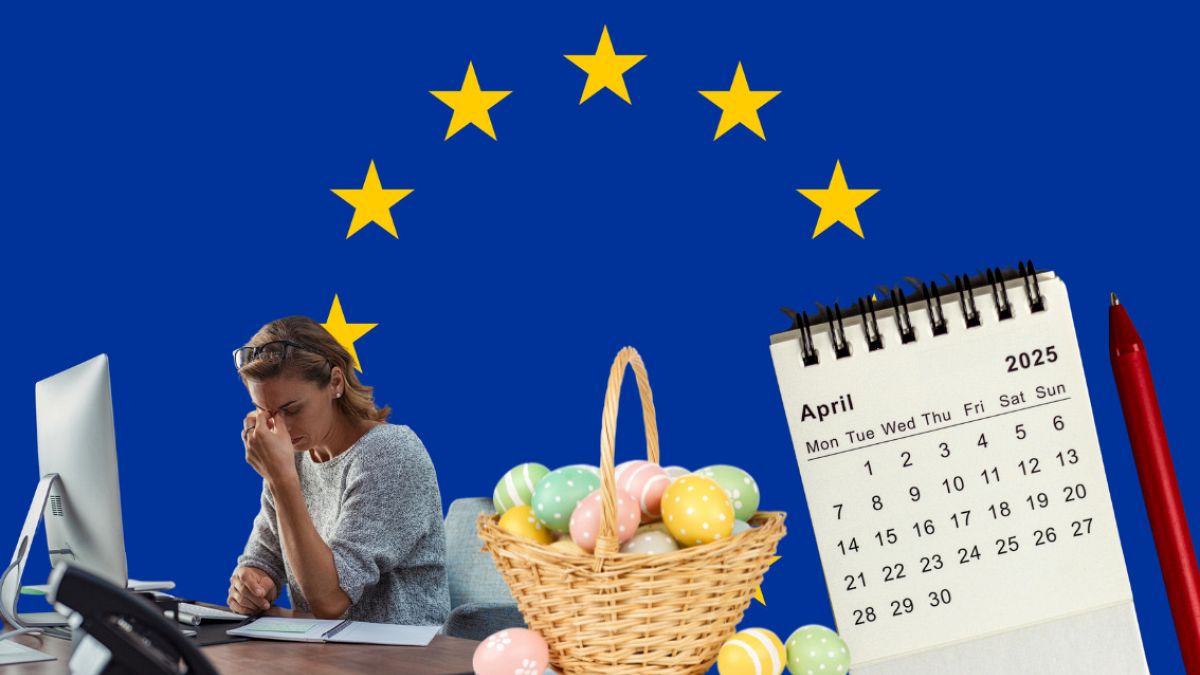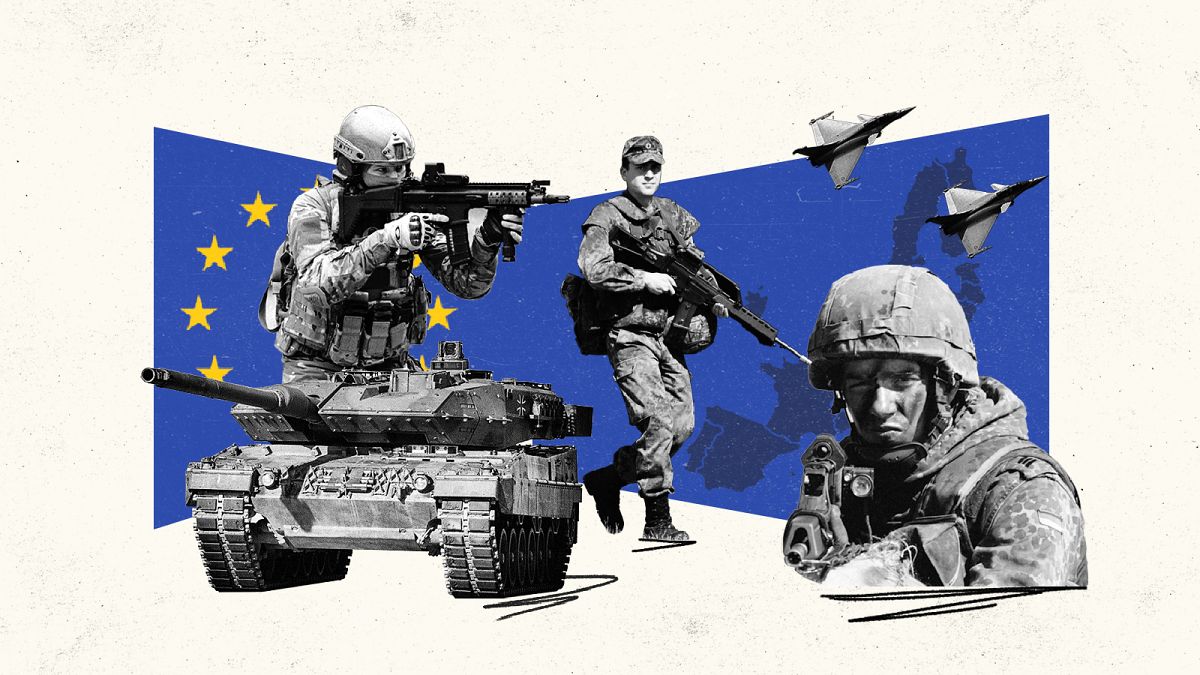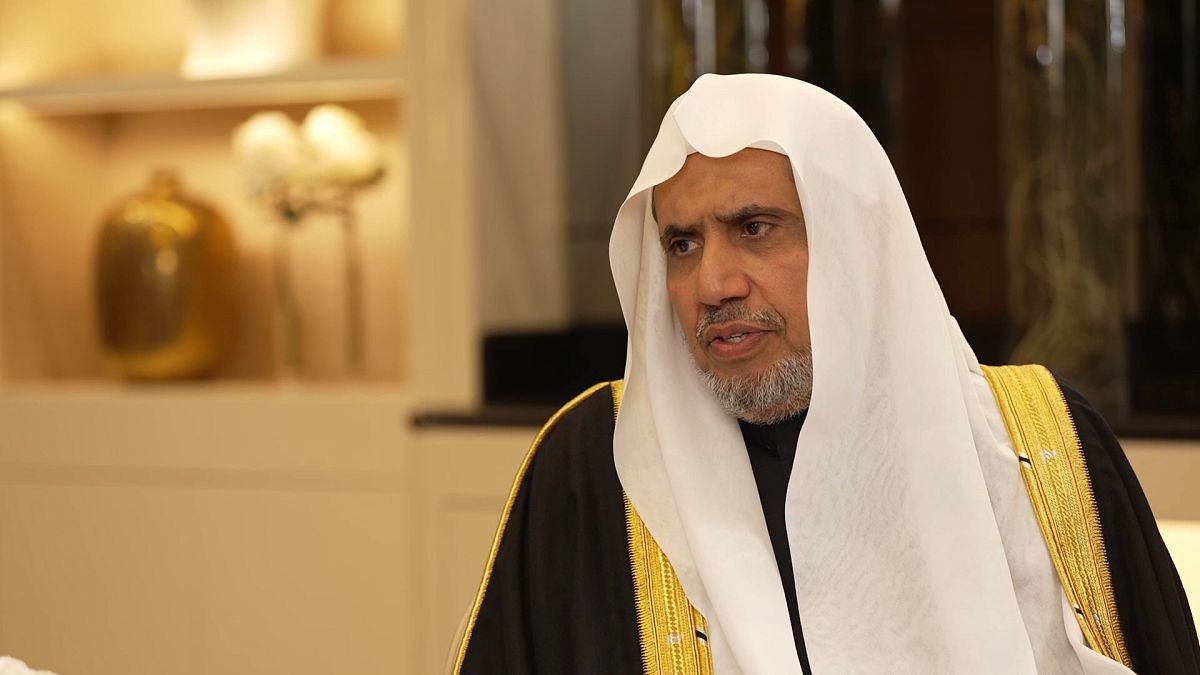Almost 40% of Romanian voters are still undecided who to vote for in next month’s election, the latest opinion polls show.
The vote on 4 May came after the Constitutional Court cancelled the last election in December and barred the frontrunner from running again.
In December, a then-unknown ultranationalist candidate Calin Georgescu claimed a shock victory in the first round of the race.
Yet the election was annulled by the Constitutional Court after allegations emerged of Russian meddling to promote Georgescu, who ran as an independent.
Four of the 11 candidates in the May re-run are polling strongly: far-right AUR party leader George Simion, Bucharest Mayor Nicușor Dan, Crin Antonescu — the pro-EU coalition government’s single candidate — and Victor Ponta, a former prime minister.
Simion, who recent polls say is the favourite to reach the second round, has waged a battle against the national press, allowing access to local journalists only at pre-election events.
Ponta is working to regain electoral ground after a recent revelation that proved to be controversial.
As prime minister, Ponta is said to have saved neighbouring Serbia’s capital Belgrade from flooding in 2014 by rerouting the Danube floodwater, which instead submerged several Romanian villages. “They lied to you, no person died, no household was flooded, no animal died,” Ponta said in response to the allegations.
Meanwhile, Dan has expressed concerns about misinformation appearing online mid-campaign. “There are films made with AI, things taken out of context that I have said in conferences. The Central Electoral Authority is either incompetent or acts in bad faith,” he said.
Concerns over hybrid attacks continue
The Constitutional Court’s unprecedented decision to annul the first-round results two days before the scheduled 8 December runoff plunged the EU and NATO member country into a protracted political crisis.
Romania’s top security council declassified documents in December that showed the country being targeted by “aggressive hybrid Russian attacks” during the election period.
This included a broad campaign on social media to promote Georgescu.
In February this year, Romanian prosecutors launched a criminal investigation against the far-right figure, accusing him of “incitement to actions against the constitutional order,” supporting fascist groups and false declarations of electoral campaign funding and asset disclosures. Georgescu has denied any wrongdoing.
Romania’s National Audiovisual Council has recently launched a campaign to combat illegal online content.
Valentin Jucan, a vice chairman of the council, told Euronews in an interview that Romanians should report online videos that contain misinformation, incitement to violence or hatred.
Video editor • Sertac Aktan

